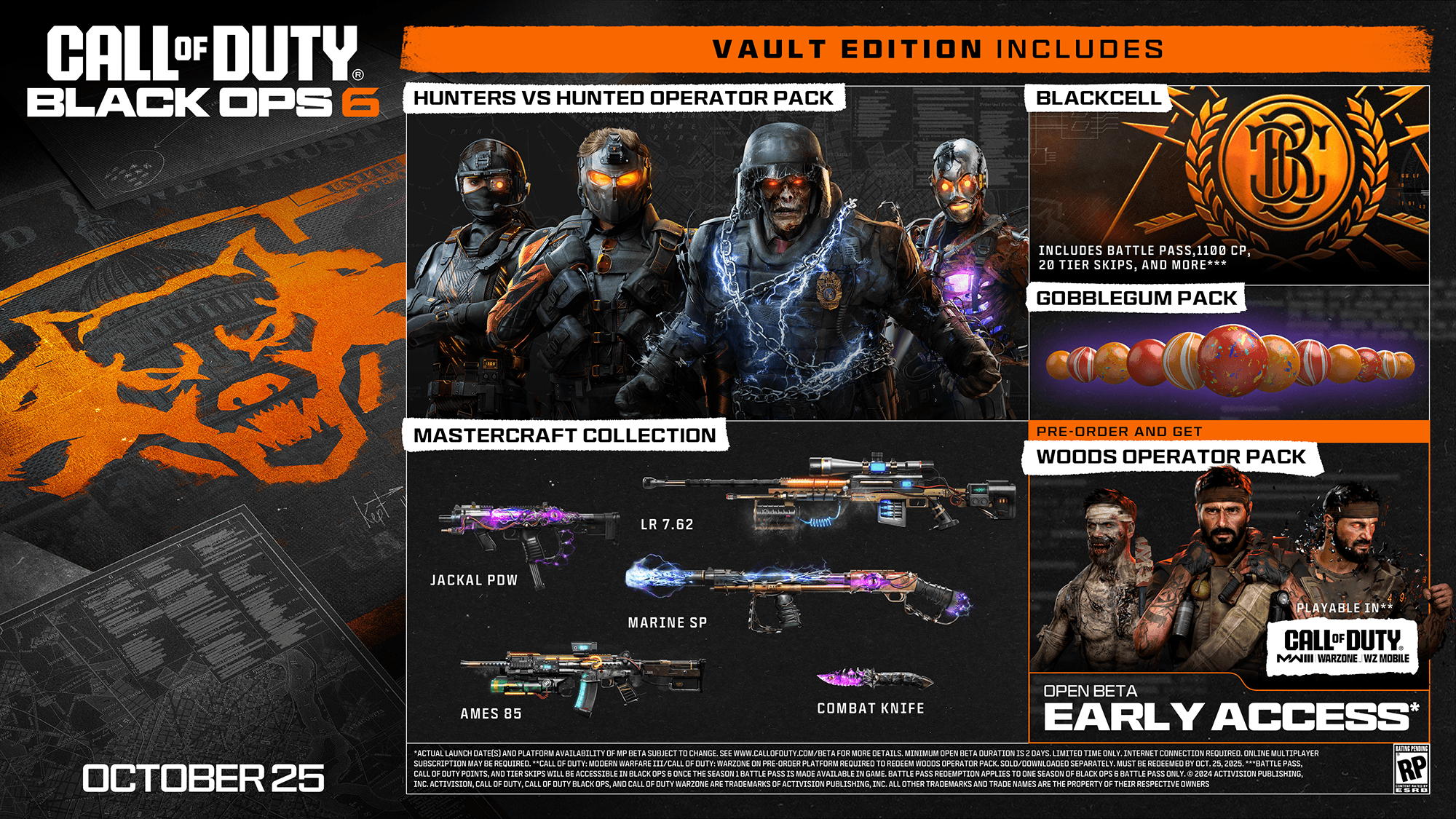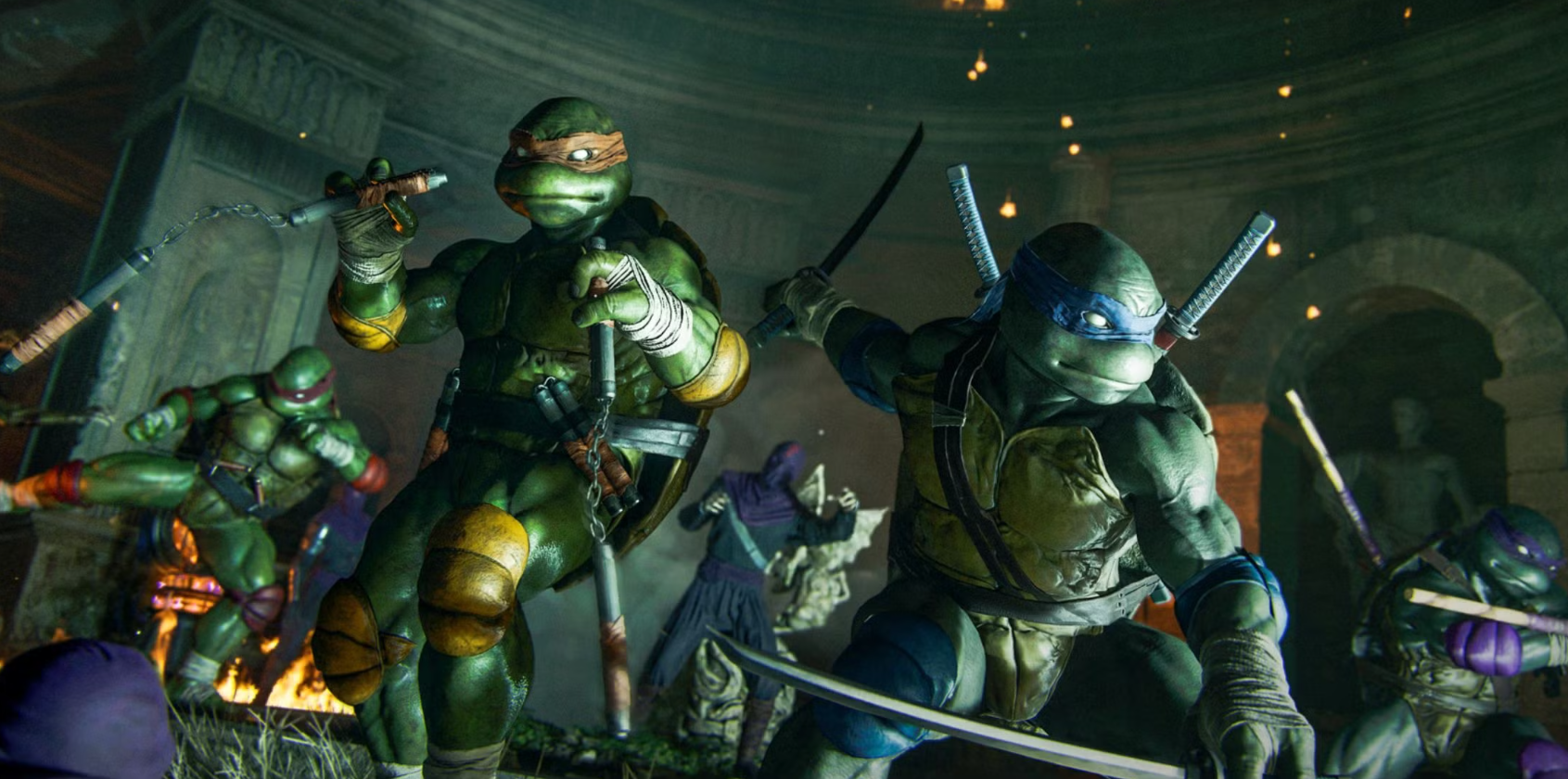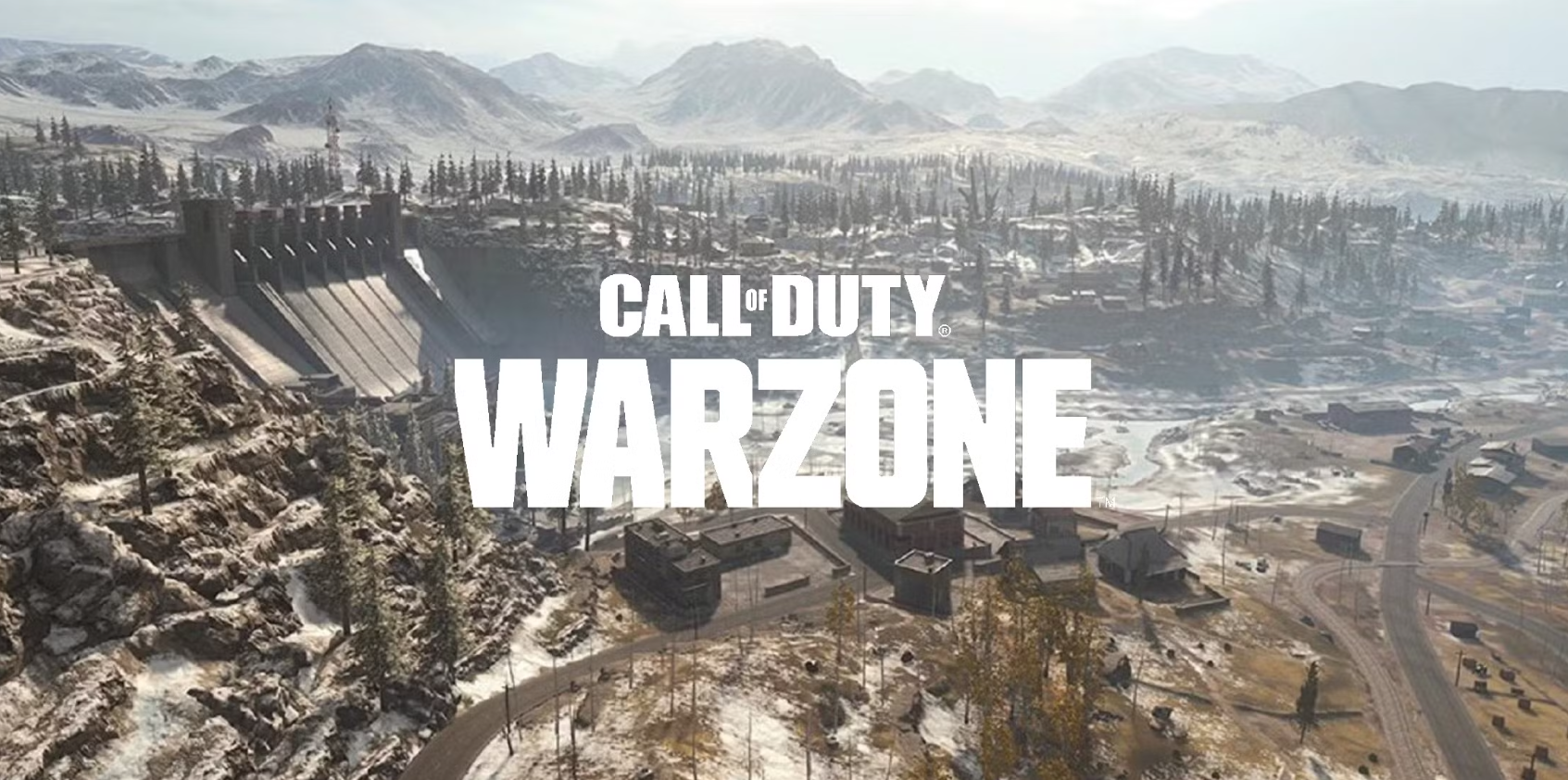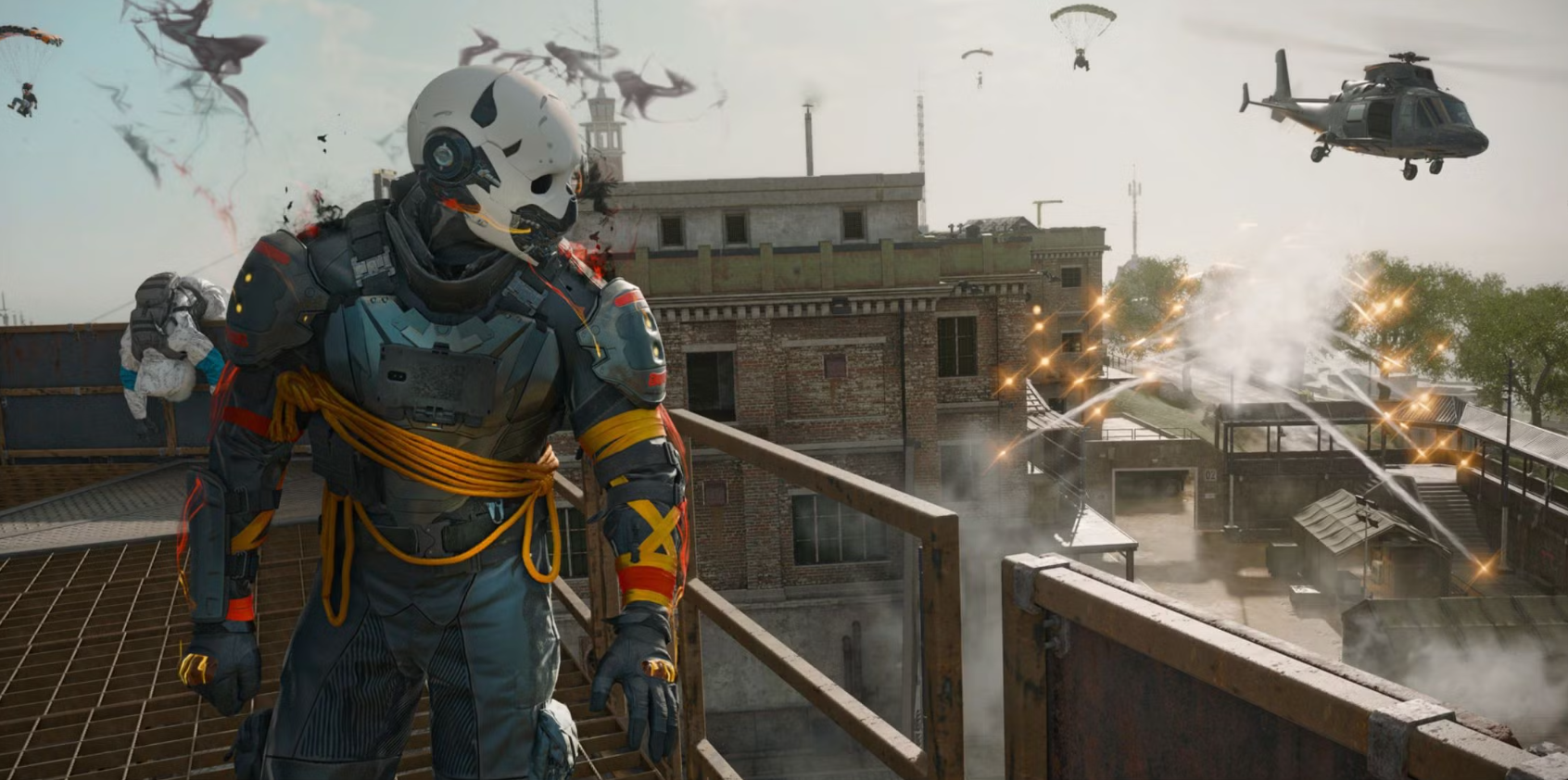
Activision has stirred the pot once again with the release of a new bundle for Call of Duty: Black Ops 6 and Call of Duty: Warzone. This latest offering features anime-inspired cosmetics that have quickly divided the community. While some players appreciate the creativity and uniqueness of these skins, many fans have taken to social media to express their discontent, describing the bundle as resembling something from a free-to-play mobile game. For years, the Call of Duty community has grappled with the introduction of increasingly unrealistic operator skins and cosmetic items. This trend has created a rift among players: some embrace the variety and fun these items bring, while others feel they detract from the game’s serious tone and military authenticity. Despite the backlash, Activision appears undeterred, continuing to roll out new bundles for Black Ops 6 that push the boundaries of traditional military aesthetics.
As the debate rages on, it raises questions about the future direction of the franchise and how Activision will balance innovative designs with the expectations of its core audience. Will they continue to experiment with bold new styles, or will they heed the concerns of frustrated fans? Only time will tell, but one thing is clear: the conversation surrounding cosmetics in Call of Duty is far from over.
Table of Contents
The Debate Over Operator Skins in Call of Duty: Black Ops 6
Since the launch of Call of Duty: Black Ops 6 on October 25, the game has not only captivated players with its engaging gameplay but has also sparked intense discussions around its design choices, particularly regarding the operator skins. The inclusion of vibrant and sometimes outrageous skins has polarized the community, with players expressing a wide range of opinions. In mid-November, Activision made headlines again by introducing a new Mastercraft bundle that included a striking neon green Dragon Knight operator skin, along with a corresponding weapon blueprint and several other cosmetic items. This addition baffled many fans. The aesthetic of the Dragon Knight skin seemed out of place in a game set in the early 1990s, leading to a wave of mockery on social media. Players questioned the decision to include such an outlandish design in a title that has historically focused on military realism and tactical gameplay.
However, the debate quickly evolved. Some players defended the choice, arguing that Call of Duty has always walked a fine line between realism and entertainment. They pointed out that the franchise is not strictly a military simulator but is rather an arcade-style shooter that prioritizes fun and creativity. This perspective suggests that the inclusion of fantastical elements, like anime-inspired skins, can add a layer of enjoyment and personalization that resonates with a broader audience. The pushback against the new skins reflects a larger tension within the Call of Duty community. On one hand, there are players who long for a return to more realistic operator designs that capture the gritty nature of modern warfare. They argue that the over-the-top cosmetics dilute the seriousness of the game and detract from the immersive experience. On the other hand, there is a significant portion of the player base that embraces the whimsical and imaginative elements that have become a hallmark of recent titles. This group appreciates the variety and sees the new skins as a way to express individuality within the game.
Despite the mixed reactions, Activision shows no signs of slowing down with its cosmetic releases. The upcoming bundle, Otaku We Gotchu, is a testament to this trend. This bundle could be considered the most outrageous yet, featuring a Kawaii emote and an anime-themed operator skin that further pushes the boundaries of traditional gaming aesthetics. The bundle also includes two weapon blueprints: Helm, designed for the LW3A1 Frostline sniper rifle, and Hardwire, tailored for the C9 submachine gun. In addition to these standout items, the bundle offers a variety of other cosmetics, such as a charm, spray, loading screen, emblem, and a new reticle. These additions not only enhance the visual appeal of the game but also provide players with more options for customization, allowing them to tailor their gaming experience to their personal tastes. The continued release of such bold cosmetics raises questions about the future direction of the Call of Duty franchise. Will Activision continue to explore this creative path, or will it eventually pivot back to a more traditional, realistic aesthetic in response to community feedback? The balance between innovation and player expectation is a delicate one, and Activision seems committed to navigating this landscape with a focus on creativity.
As the debates around operator skins continue, it’s evident that the Call of Duty community is passionate and engaged. The discussions surrounding aesthetics reflect broader themes in gaming culture, where players are increasingly vocal about their preferences and expectations. The response to the new bundles serves as a reminder that while gameplay mechanics are crucial, visual identity and customization play a significant role in player satisfaction. In conclusion, the introduction of anime-inspired operator skins and vibrant cosmetics in Call of Duty: Black Ops 6 has undoubtedly stirred the pot. Whether players view these changes as a welcome evolution of the series or a deviation from its roots, one thing remains clear: the conversation around aesthetics in gaming is as dynamic as the games themselves. Activision’s willingness to experiment with new designs may alienate some, but it also invites a fresh wave of players eager to engage with the franchise in new and exciting ways. As the community continues to voice its opinions, the future of operator skins in Call of Duty will likely remain a hot topic for discussion.
Call of Duty Players Express Discontent Over New Anime Bundle
While the bright pink operator skin may not appear as outrageous as some of the other store bundles in Call of Duty, it has nonetheless sparked significant debate among players. The blueprint for the LW3A1 Frostline sniper rifle features a weapon inspect element that includes a miniature version of the operator skin perched on the gun, which many fans have found to be an unwelcome addition. The inclusion of such whimsical elements in a military shooter has led to a wave of criticism. On Reddit, one user expressed their bewilderment, saying they “don’t understand why people pay money for this,” while another suggested that they would be fine with these styles of operator skins if only there was an option to turn off the cosmetics altogether in the game settings. This desire to disable outlandish operator skins has been a recurring theme in community discussions, especially as Activision continues to release bundles that push the boundaries of traditional military aesthetics. Players want a more customizable experience, allowing them to engage with the game in a way that aligns with their preferences. The request for toggling off these eccentric designs highlights a broader issue within the gaming community: the balance between creative expression and player immersion.
The Otaku We Gotchu bundle, which has become known for its over-the-top features, is just one example of the trend. It offers a variety of unique items, including an anime-inspired operator skin and a Kawaii emote, which many players find fun and engaging. However, the juxtaposition of these whimsical elements against the backdrop of a military-themed game has led to mixed reactions. While some players embrace the creativity and the chance to express their individuality through these skins, others feel that such choices detract from the serious tone that Call of Duty has historically maintained. The ongoing debates around operator skins are not just about aesthetics; they reflect deeper concerns regarding the identity of the franchise. For many, Call of Duty has always been about intense, immersive gameplay that draws on real-world military themes. The introduction of cartoonish or fantastical elements can feel like a departure from that core identity.
This tension between creativity and tradition has left many players wondering what the future holds for the series. Will Activision continue to prioritize innovation and whimsical designs, or will they eventually shift back to a more grounded approach in response to community feedback? Interestingly, the community’s reaction has not deterred Activision from pursuing this new direction. In fact, it seems to have only fueled their desire to experiment further. A recent leak suggested that an upcoming store bundle will feature a new finishing move that allows players to take out their enemies with a unicorn fart, a concept that raises eyebrows and invites both laughter and criticism. Such outrageous elements continue to push the envelope and invite scrutiny from a player base that is both passionate and divided. The desire for customization options, such as the ability to turn off or modify operator skins, is a reflection of a larger trend in gaming where players seek more control over their experiences. Many modern games allow players to tailor their gameplay in various ways, from adjusting difficulty settings to customizing character appearances. This level of personalization has become an expectation for many gamers, and Call of Duty is no exception.
As the franchise evolves, the challenge for Activision will be to find a way to integrate new ideas while still respecting the core elements that have made the series a staple in the gaming world. Balancing creative expression with player immersion will be crucial in maintaining the loyalty of long-time fans while also attracting new players who are drawn to the more imaginative aspects of the game. In conclusion, the debates surrounding operator skins in Call of Duty highlight a complex interplay between creativity, tradition, and player preferences. The vibrant and whimsical designs may appeal to some, but they also raise questions about the identity of the franchise and its future direction. As players continue to voice their opinions, Activision faces the task of navigating these discussions while delivering content that resonates with a diverse audience. Whether they choose to embrace the whimsical or return to a more traditional approach, one thing is clear: the conversation surrounding cosmetics in Call of Duty is far from over, and the outcome will likely shape the series for years to come.




